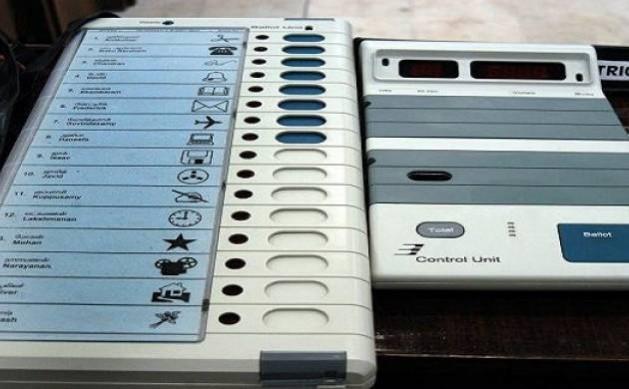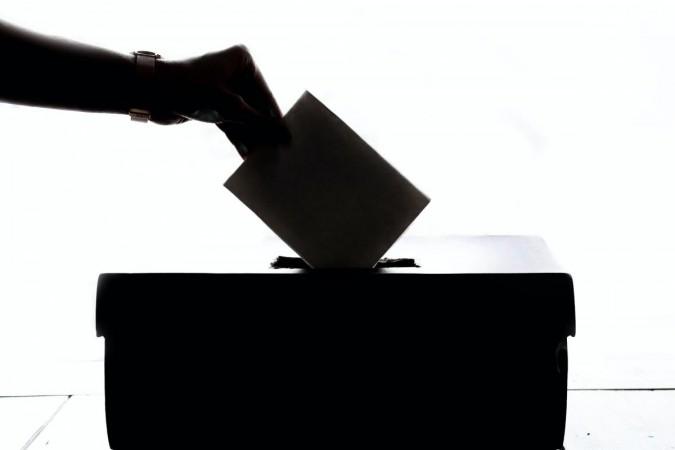This is not the first time serious questions have been raised about the credibility of EVMs. After each election result, the noise grows louder about the lack of transparency in Electronic Voting Machines. On Sunday, soon after the Assembly Elections 2023 results started trickling in, the debate, ruckus and conversations once again steered back to the use of EVMs instead of the traditional ballot paper.

Back in 2017, following her crushing defeat in Uttar Pradesh Assembly Polls, BSP Chief Mayawati alleged that EVMs were tampered with at the stage of polling. At the time, challenging and pleading before the Election Commission to hold fresh elections in the state through ballot paper, she said that EVMs were tampered in a way that regardless of which button was pressed the vote went to BJP.
She has not been the only one to make allegations of tampered EVMs, a few opposition leaders have alleged that it is the results that are rigged. Recently, Sharad-Pawar led NCP urged the BJP led Centre to return to the process of ballot paper because of many serious concerns. BJP leader Subramaniam Swamy has been among those vocal about their concerns of using EVMs.
Why did developed tech-savvy nations ban it?
Those petitioning for the traditional paper to be brought back into the electoral process have cited the example of many other developed and technically advanced democracies where the EVMs have been banned. Starting from the next-door neighbour Bangladesh where this year itself the Bangladesh Election Commission said that EVMs will not be used in the upcoming 12th parliamentary elections scheduled for January 2024.
Netherlands has banned Electronic Voting Machines citing lack of transparency, while Germany has declared them as unfit for political use, unconstitutional after they were found to be prone to hacking. Ireland spent 51 million pounds over three years on research and installation of EVMs, but finally decided to junk the system.
Citing that the electoral outcome of EVMs could be easily compromised, Italy too dropped the system of e-voting. It used Nedap Voting Machines, reportedly did a pilot project to test the efficacy of EVMs and finally ditched it for the traditional ballot paper. England and France are two nations who have stayed away from EVMs. While in the United States, many states like California have banned EVM's if they did not have a paper trail. Reportedly, not just the results can be rigged after hacking, or the election software changed but even the complete profile of a voter can be accessed through the machines.
However, at present countries like Nambia, Armenia, Bulgaria, Mexico, Argentina, Brazil, among a few others use some form of electronic voting. In India, EVMs have been in use for over fifteen years.

A petition pending before the Supreme Court
Last year, in September, the Supreme Court of India comprising the bench of Justices DY Chandrachud and Hima Kohli refused to entertain a plea seeking a stop on the use of EVMs in favor of traditional ballot paper.
The petition filed by advocate CR Jaya Sukin cited the example of many developed, advanced countries like Germany, Japan, Netherlands, England, France who have rejected EVM's and sought the re-introduction of ballot paper in India. He also said that Article 324 of the Constitution of India guarantees that elections should be free and fair, which EVMs cannot guarantee as they can be hacked.

















